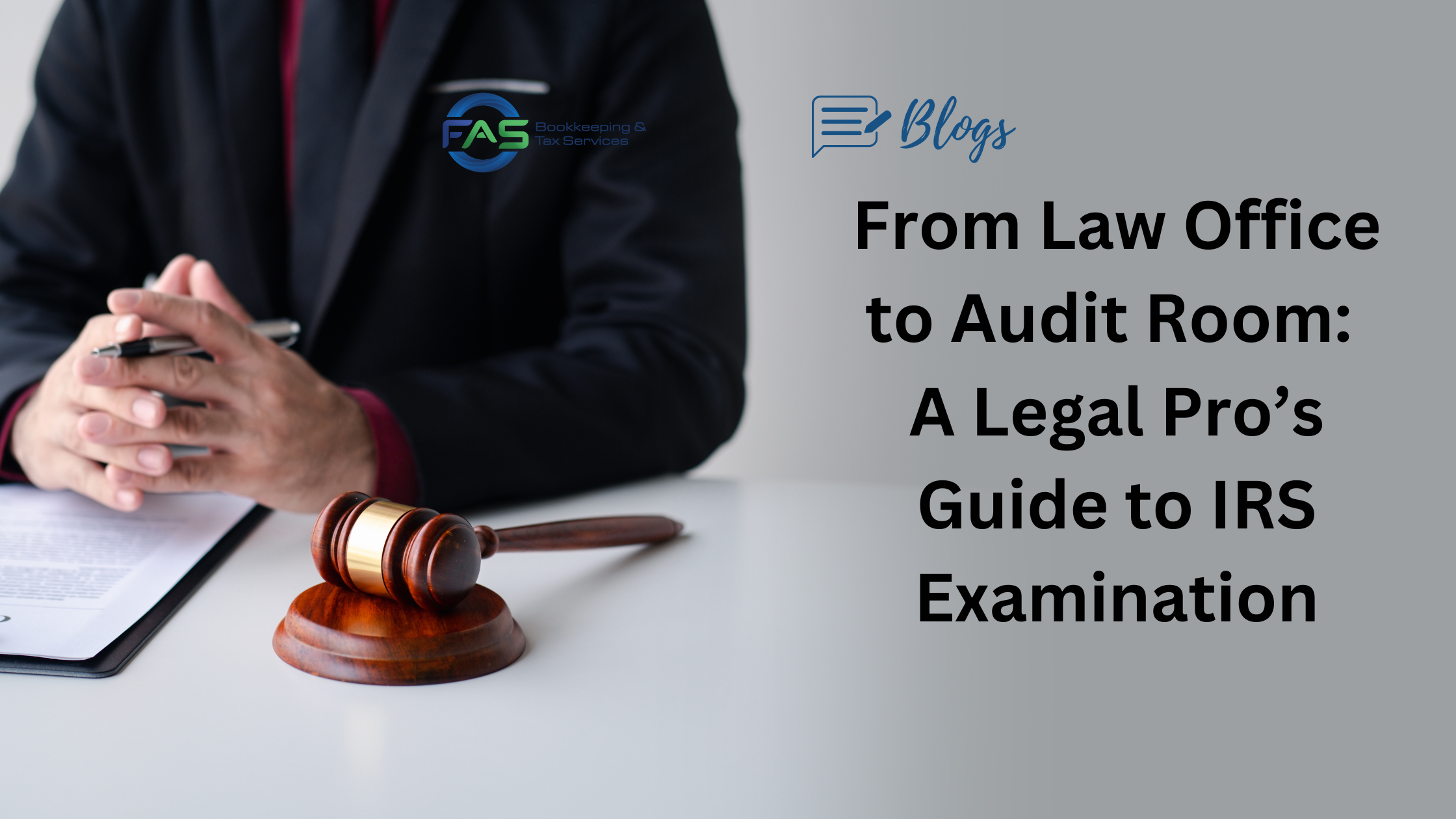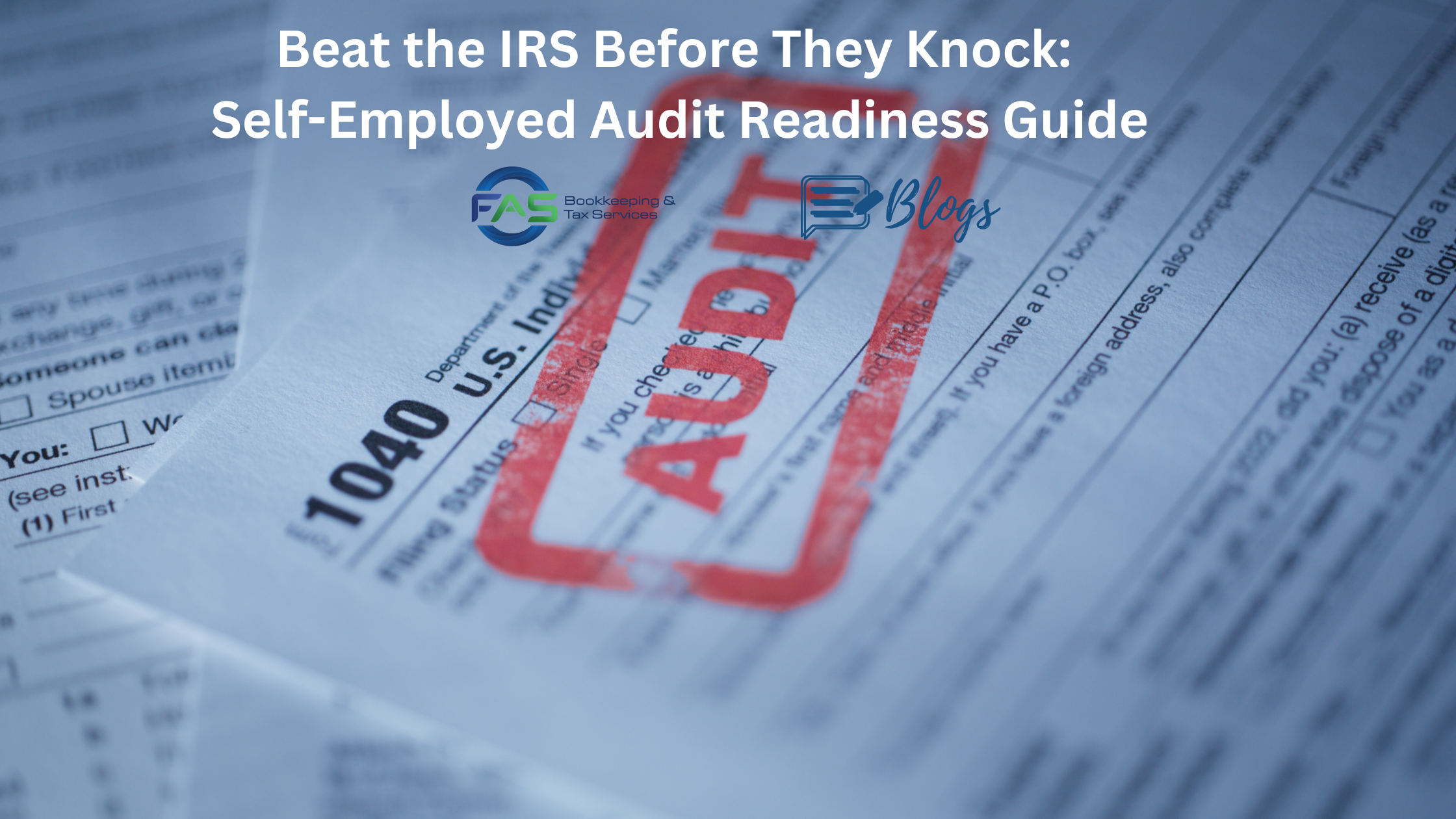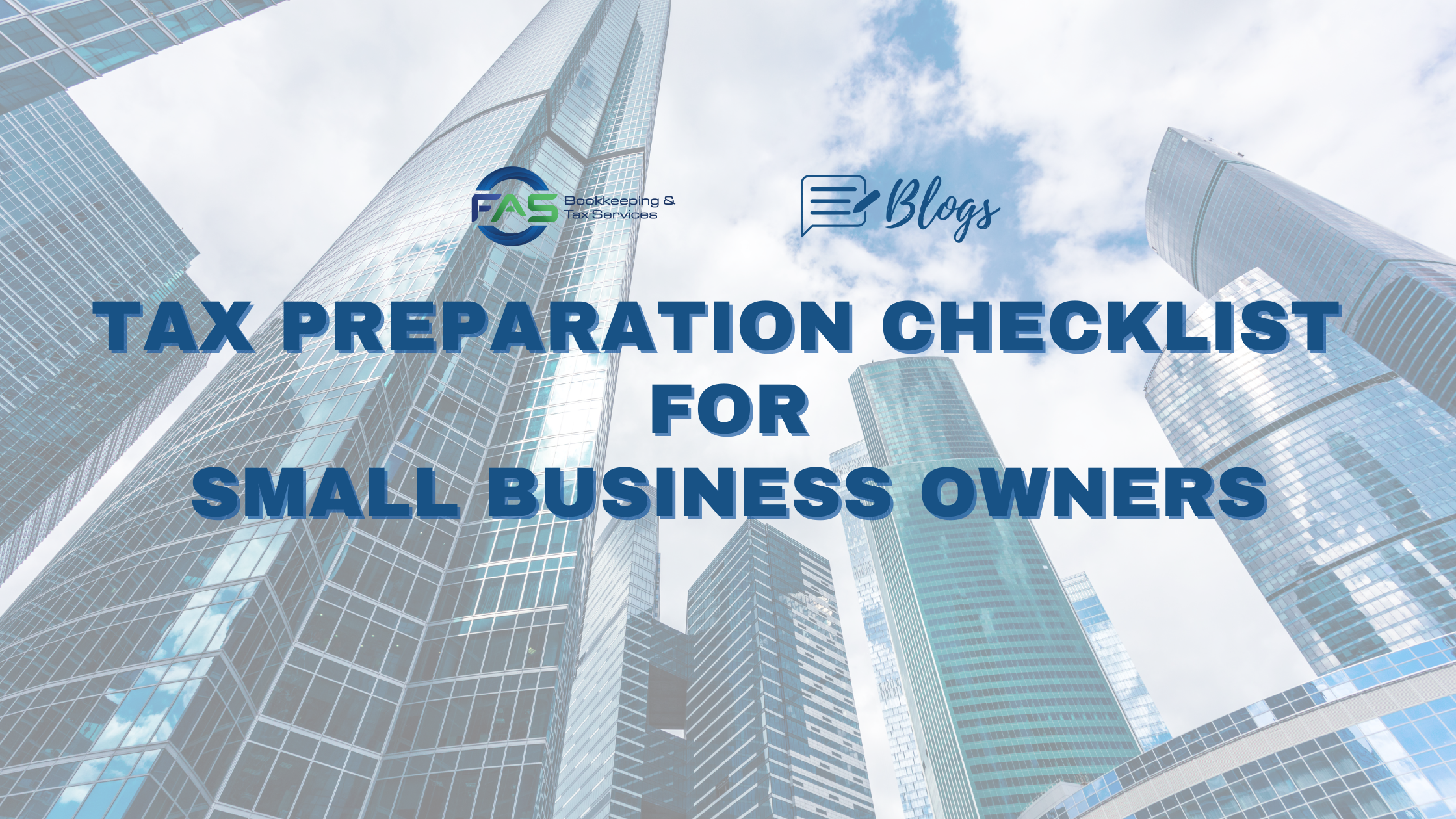Introduction
Tax season is often stressful for small business owners. With deadlines looming and complex requirements, many feel overwhelmed. However, being organized can save you time, money, and frustration. This detailed checklist will help you tackle tax season like a pro and ensure nothing slips through the cracks.
-
Organize Financial Records
Gather all your financial documents, including:
- Income records: Sales receipts, bank deposits, and invoices.
- Expense records: Business-related receipts for supplies, travel, and utilities.
- Bank and credit card statements: Ensure they match your accounting records.
Tip: Use cloud-based software like QuickBooks Online for streamlined organization.
-
Separate Personal and Business Expenses
Combining personal and business expenses is a common mistake. Open dedicated business accounts to simplify tracking and avoid IRS scrutiny.
-
Reconcile Your Accounts
Review your financial records to ensure everything matches bank statements. Reconciling accounts prevents errors that could result in penalties.
-
Understand Your Business Entity’s Tax Requirements
Different structures—Sole proprietor, Partnership, S corporation or C corp—have unique tax filing needs. Understand which forms apply to you and consult a tax professional if in doubt.
-
Identify Eligible Deductions
Maximize savings by claiming deductions like:
Office expenses (supplies, furniture).
Business travel and meals.
Employee wages and benefits.
-
Consult a Tax Professional
Hiring an expert ensures compliance with the latest tax laws and maximizes deductions you might overlook.
Conclusion
With this checklist, you’ll be ready to face tax season with confidence. Need personalized support? Let our team handle the details while you focus on running your business.





